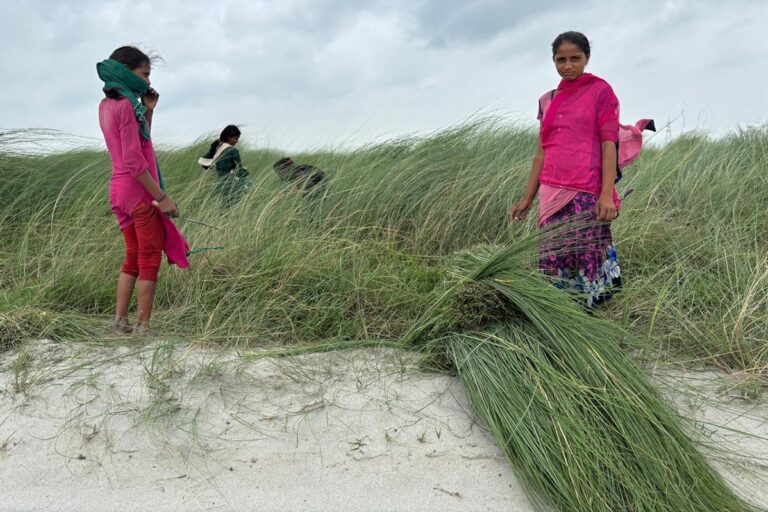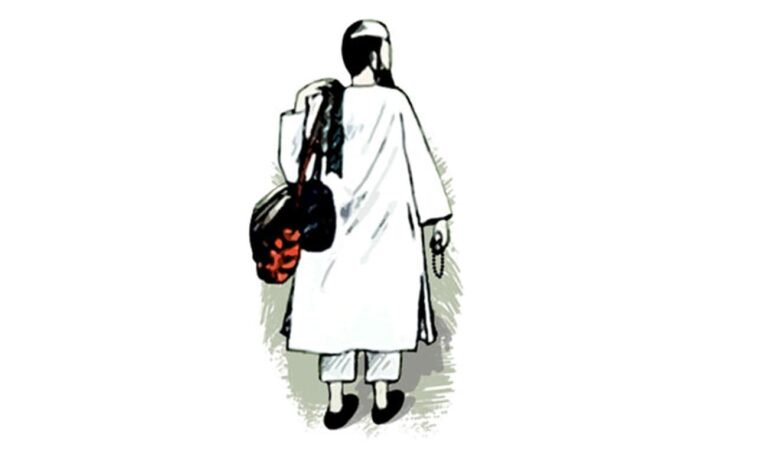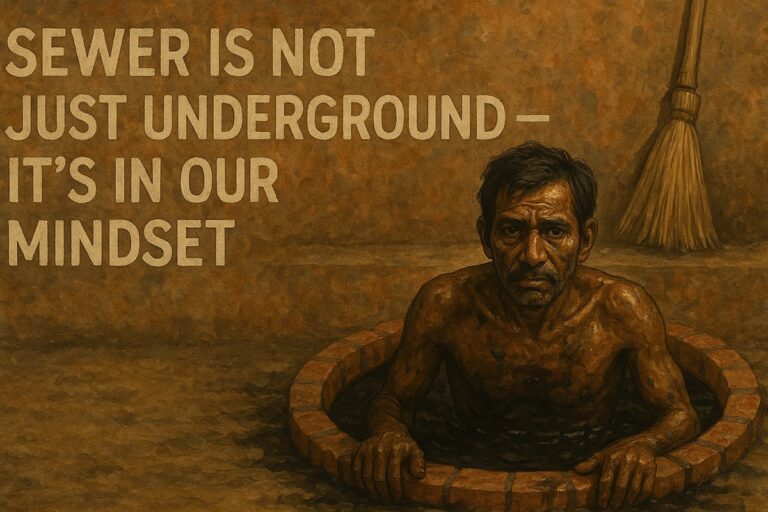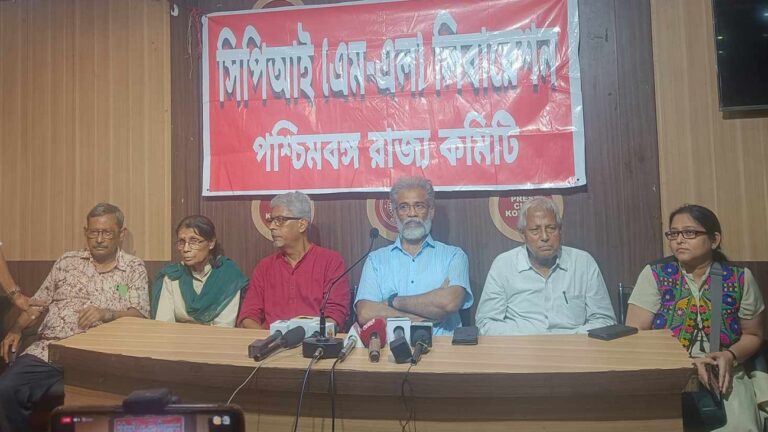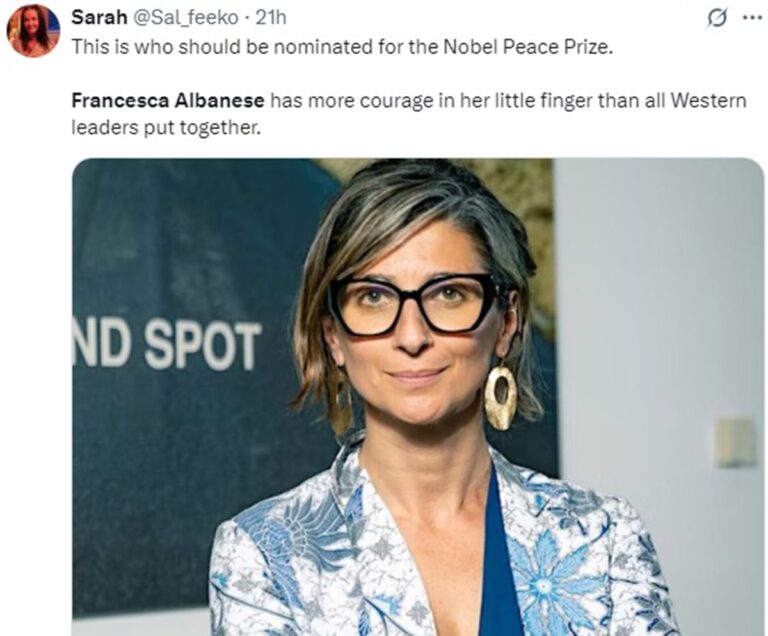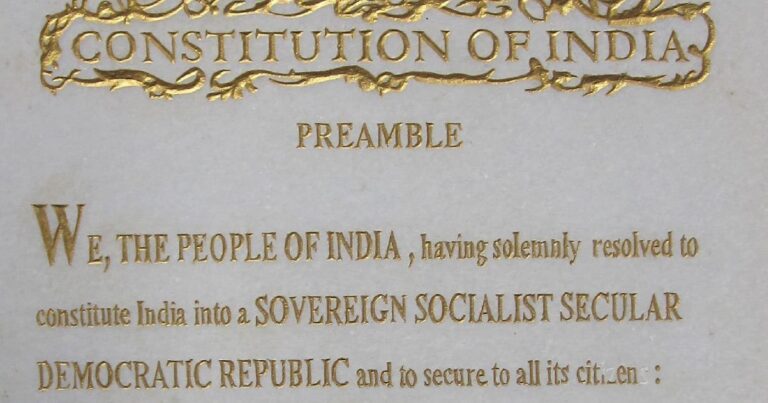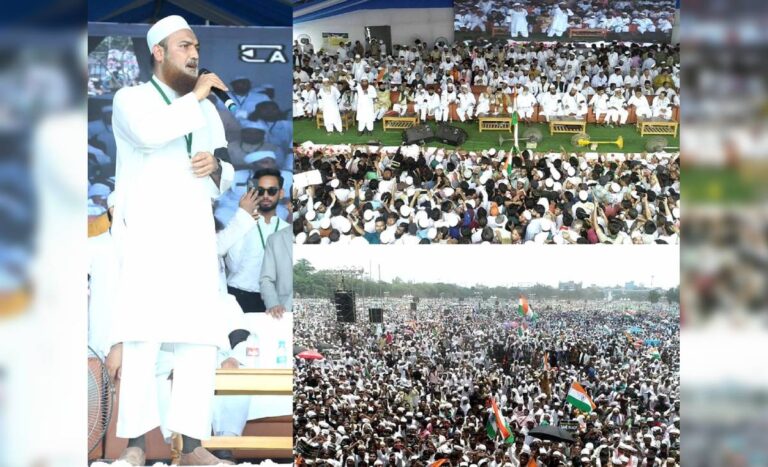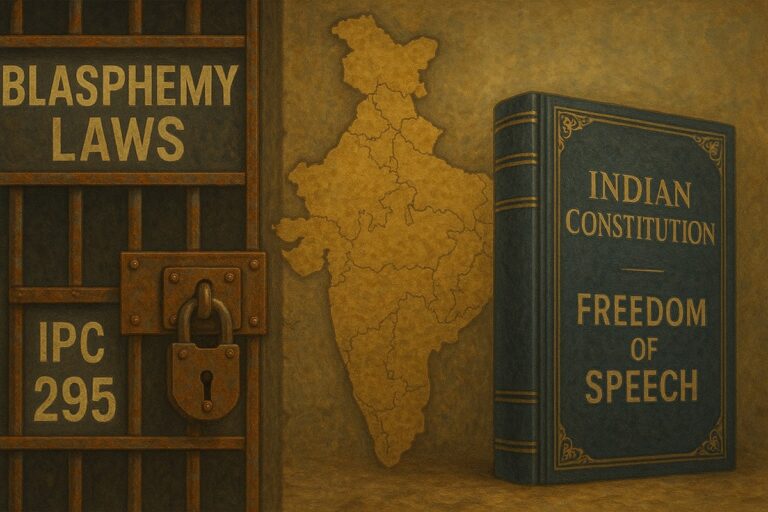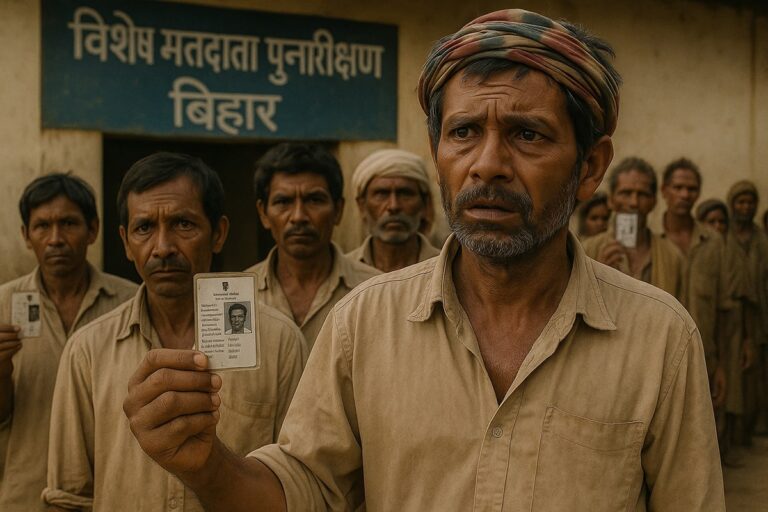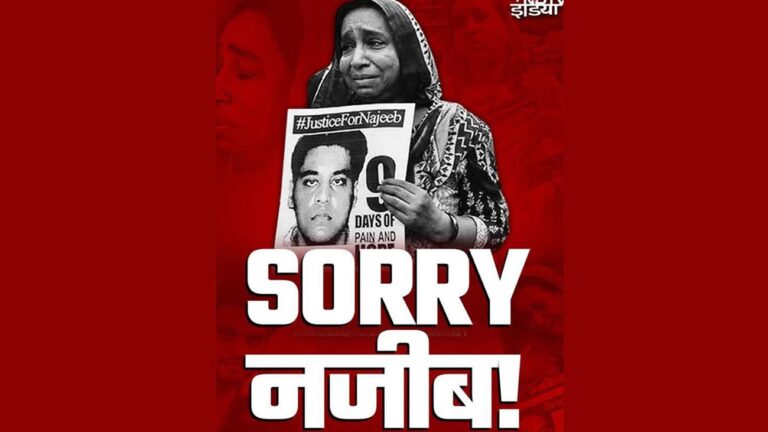[dropcap]T[/dropcap]he Koshi emanates from the Himalayas, fed by glacial waters from Tibet and rainwater from Nepal. It’s considered a whimsical, chanchal river. Since prehistoric times, it has been known to dramatically change its flow, cutting over riverbanks and changing its course by hundreds of kilometres, inundating miles of land. It also carries massive amounts of mica-laden soil from the Himalayas and dumps it in the plains, rendering fertile soil barren.
After Independence, check dams were built to tame this restless river. The people living on its banks enthusiastically participated in the project, giving up their lands and volunteering to work on the dams and barrages. They thought that, finally, the river would be calmed and that they would live happily ever after. They were wrong.
The trapped Koshi became even more tempestuous, and the torment of the people displaced by the embankment multiplied manifold. Today, their plight is akin to kala paani, the imprisonment suffered by many freedom fighters in the Cellular Jail in the Andamans.
Every late summer and monsoon, Koshi floods and tries to break free of the embankments to devour the land. The helpless villagers watch as their farms flood and the land simply dissolves into the river. They barely manage to salvage their belongings and scamper to higher ground. Some take refuge on the roofs of their homes only to discover that snakes and scorpions have also done the same. Sometimes, children fall off and vanish into the flood; some are rescued, many are lost. Villagers are bitten by venomous snakes and scorpions, but there is no primary care available, and no anti-venom is at hand. It takes more than four hours to reach the nearest hospital, so most of those bitten die. This happens every year without fail.
Flashback to a satyagraha
The Koshi Navnirman Manch has been fighting tirelessly for the rights of the embankment-affected over the past decade and a half. Mahendra Yadav, a stubborn and combative young man, is spearheading the battle in Supol district of north Bihar.
I went to Bihar a few days ago to campaign for the INDIA alliance in the upcoming Assembly elections. We partnered with 25 local organisations, who helped plan and execute a yatra under the banner ‘Badlo Bihar, Banao Nayi Sarkar’.
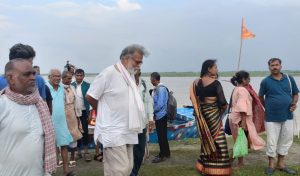
I reached Patna on July 11 and began the yatra the next morning from Bhitiharva in West Champaran district. I wanted to begin from where Kasturba and Mahatma Gandhi (whom I call ‘Ba’ and ‘Bapu’ respectively) fought for the rights of farmers and showed that the British could be forced to retreat. During the Champaran Satyagraha, Ba camped in Bhitiharva and established an ashram that still stands. She established a school for girls too, which barely survives.
From Bhitiharva, we went to places associated with the Champaran Satyagraha. We visited the school and college named after Raj Kumar Shukla, the man who brought Bapu to Champaran. We visited Kurtulia, where Bapu had sat under a neem tree and listened to the woes of indigo farmers. The British used to tie the farmers to the tree and flog those who could not pay the brutal tax imposed by them.
I then visited Motihari station, where Ba and Bapu had alighted and thousands of indigo farmers had welcomed them. Before that, I visited the village where Bapu was served the extradition notice while travelling on an elephant.
Motihari station has been renamed ‘Motihari Bapu Dham’ and a large statue of his has been installed on Platform 1. There is a museum dedicated to his visit, Gandhi Sangrahalaya, but it is in pathetic shape. Its highlight is a long table, seated at which the district magistrate had conducted the extradition trial. They have built a Bapu Park there too, where a larger-than-life statue in typical Kathiawadi dress was installed with the help of late industrialist Dhirubhai Ambani.
Motihari was being spruced up. Prime Minister Narendra Modi was to launch his campaign for the Bihar election there. He had announced that he wanted to turn Motihari into another Mumbai. In an earlier election, he had promised to restart the sugar mill at Motihari and drink tea sweetened by the sugar it produced. The mill remains shut and his promise forgotten.

The shelter that wasn’t
On July 15, we reached Supol. Mahendra and his associates were waiting for us. As we alighted from the car, we walked down to Benga Sanpatahan village on the banks of the Koshi, almost directly under the Koshi Mahasetu bridge. A flood relief shelter had been built by the local government there, which is where we held our first meeting. The condition of the shelter was poor – it stood almost in ruins. Many women, children and men had gathered there.
One group had started their journey at 6.30 am; they had to take a bus, walk and then take a boat, which unfortunately got stuck on a sandbar. They eventually got to the spot at 11 am, although they had to cover barely 10 km to 12 km. One woman complained that this was their daily plight. They spend a lot of money and time just to get to their place of work, and most of them earn a minimum wage. Many a time, even less than that.
I was told the shelter itself gets submerged and the people scamper to the terrace and watch helplessly as their homes are swept away.
After the meeting, where the people complained of neglect and official apathy, I suggested that they boycott the election. They said they had tried it, but the politicians were not bothered as they did not comprise a large enough vote bank. Strangely, their MLA is a ‘strong’ politician, representing Supol for seven terms. He is known as a ‘Nirman Purush’ (man who creates things), but he too isn’t bothered about their plight.
The villagers complained that most of the money allotted for relief schemes is lost to corruption. They added that even basic facilities like shelter, education, healthcare, transport, electricity and potable water had been denied to them during ‘Amrit Kaal’.
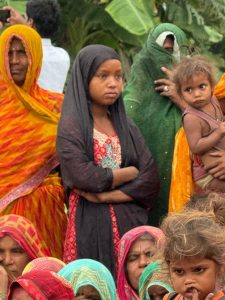
‘We share space with snakes and scorpions’
After the meeting, we hiked to the riverbank where a boat was waiting to ferry us to the next village. I was yet to see the actual picture of the plight of these people.
Our next destination was Ekdera, a hamlet in Sisauni Panchayat in Marauna Block. Ekdera was almost one and a half kilometres from the riverbank, but there was no access road. We trudged through mudflats, waded through ditches and precariously walked on mud borders of paddy fields. Halfway there, a youth on a motorcycle offered to ferry me the rest of the way. He expertly navigated flooded paths, slippery tracks, narrow dykes and small humps of land where people had built homes.
Many had gathered to meet me, a ‘leader’ visiting their hamlets. They had never experienced this. Most of them had not believed that I would land up.
We heard the same litany of complaints: “We have no homes. They have been washed away multiple times. We are forced to flee and take refuge on higher ground… We sit on roofs for days on end till the floods recede. We have no food or water. Scorpions and venomous snakes also take refuge there, and often our children and we are bitten… There is no healthcare facility. It takes four hours to reach the nearest facility or hospital. Often, our people die before we can get there… There are no schools in or near our villages. Our children walk, cross rivers and take multiple modes of transport to reach educational institutions, even primary schools. It takes them two to three hours. Often, they have no choice but to drop out… We want to study and go to college. Please build schools in our village… We have no electricity. Solar lamps were fitted, but they are never repaired, and many of the poles, made of bamboo and teak, were swept away and never replaced… Our youngsters have no employment. Our men are forced to migrate to the metros and to Punjab, Haryana and Western Uttar Pradesh to work as farm labourers… We are cursed. We are the kala paani prisoners of the Koshi.”
I kept hearing similar complaints everywhere we went that day.
The skies were ominously overcast, and soon it began to rain. Hurriedly, a tarpaulin was spread and held above us like a tent as we sat out the shower huddled under what the locals called panni.
While we waited, two women pleaded with me for a home. They had lost their homes thrice to floods and had no money to rebuild. They were forced to live on higher ground in shanties. Their husbands were farm labourers in Punjab. These were once proud farmers, unaccustomed to a life of homeless destitution. Both women broke down as I watched helplessly.
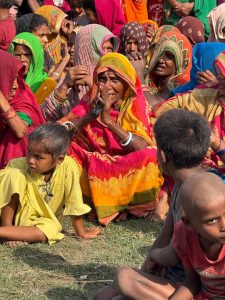
‘We live like this our entire life’
Our next destination was Bela Panchagachiyain in Majaoha Panchayat of Kishanpur Block. The hamlet was a kilometre inland, but this time there was no motorbike. The dirt tracks had turned into mud and slush, and the ditches were flooded with dark, stagnant water. We waded through ankle-deep mud and knee-deep water surrounded by waist-high reeds and grass.
We had been warned about snakes and scorpions, which added to our anxiety. Once, I slipped and fell. The volunteers helped me up, and the villagers helped me clean up.
A large crowd had gathered at the hamlet to speak to us, many of them not believing that a descendant of the old man whose photo they saw on currency notes would visit them.
Once again, similar laments were heard. One of the women, Indira Devi, said: “You have come here just once. Unfortunately, you fell. Think of our plight. We live in such circumstances our whole life.” I felt ashamed at feeling sorry for myself.
Three girls – Chandula Kumari, Premlata Kumari and Khushboo – requested me to get primary, secondary and high schools built in their village and a college close by. “We want to study.”
Some young men – Shekhar and Akhilesh alias Mukesh – spoke of the lack of teachers and the lack of health facilities.
When the rain stopped, we made our way by boat to Khokahnaha hamlet in Ghoghariya Panchayat of Marauna Block. Hundreds were patiently waiting for us. Once again, we heard the same tales: no drinking water, submerged farms, no electricity, no schools, no healthcare… just a miserable existence.
This village has a mixed Hindu and Muslim population living in harmony. The prevalent hate and division didn’t reach there. The venom spread by the Rashtriya Swayamsevak Sangh-Bharatiya Janata Party hasn’t poisoned their hearts. Misery and adversity, it would seem, repel hate.
We were behind schedule, and our boat got stuck on a sandbar. Our hosts had identified navigable channels, but the Koshi dumps so much silt and sand that new sandbars and shallows form in a matter of days. It took time to push our boat off the sandbar, and the propeller had to be cleaned too.
By the time the meeting ended, dark clouds had gathered, and we could sense a downpour coming. A panni was borrowed and hurriedly stretched over our heads. The downpour lasted about 20 minutes, and it was pitch dark by the time we resumed walking towards our boat.
By this time, Mahendra realised that it had gotten too late, so he cancelled the visit to the next two villages, Mungaur and Dumriya, in Supol Block. Even a public meeting on the riverbank had to be cancelled.
But fate had more excitement in store. In the dark, our boat hit many more sandbars and was marooned in the shallows. One jolt was so severe that one of my companions toppled over and his chair broke. Mine broke too, but fortunately, I did not fall. So, what should have been a 40-minute journey took three hours, and we finally reached our destination after 10 pm. It had been a long day and an emotionally disturbing one.
Throughout the trip, I saw large, colourful posters boasting about Amrit Kaal and the progress made by the ‘Double Engine Sarkar’ in Bihar. They had beaming mug shots of Chief Minister Nitish Kumar and PM Modi. I was amazed at how shameless our elected leaders have become. The people I had met that day were the antim jan Bapu talked about, the poorest and helpless, the last elements of our society.
When Bapu visited Champaran in 1917 and witnessed the plight of the indigo farmers, he was shocked. I had a similar experience when I visited the villages plagued by the annual inundation of the Koshi.
It is 2025, but nothing has changed, other than the oppressor. It used to be the British; now it is an uncaring government of independent India and its partner in Bihar.
The piece first published at All Indians Matter.


